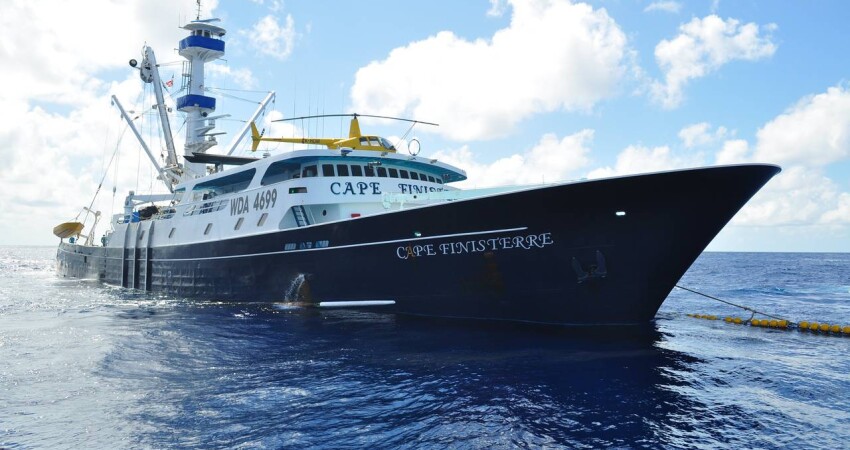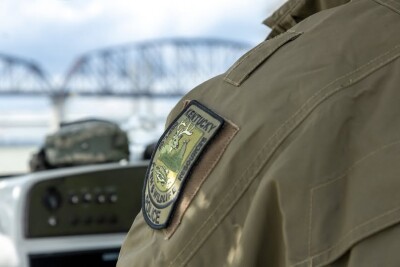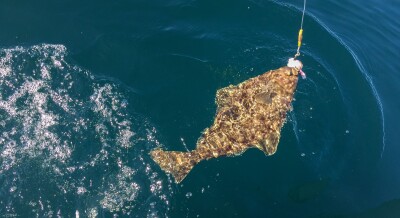On March 28, 2024, in Suva, Fiji, the United States State Department and the Pacific Islands Forum Fisheries Agency (FFA) signed a tuna treaty that will allow the US purse seine fleet to continue fishing in the EEZs of 17 Pacific island nations that are party to the agreement.
The South Pacific Tuna Treaty originally went into effect in June of 1988, and the latest renewal will continue the agreement until June 2033. The memorandum of understanding allows the United States fleet operating under the Treaty to continue fishing in the EEZs of the Pacific Island Parties in 2024, pending the formal adoption of the agreed amendments and revised text of the Treaty for 2025 onwards. In exchange for access granted to US tuna vessels, the revised Treaty package includes an annual $60 million payment from the United States Government for the next ten years (2023-2033) and a further amount paid by the industry. In addition to this annual payment, the United States Government had agreed to provide US $10 million in 2023 to be distributed equally to the Pacific Island Parties for economic development, including climate change-related projects.
“The increased support being provided to Pacific Island Parties through the Treaty is timely and much needed with the ongoing economic challenges and dealing with the environmental impacts of climate change that are all too real in the Pacific region,” said FFA Agency Director General, Dr Manu Tupou-Roosen, in an agency press release. “The Tuna Treaty is a cornerstone in our relationship with the United States. Further, it paves the way for enhanced collaboration between the Parties in key areas such as combating illegal fishing and tackling climate change.”
Roosen noted that the Treaty also enables “continued collaboration on sustainably managing, developing and protecting our tuna resources for future generations.”
The US approved the end of the deal with bipartisan congressional passage of the South Pacific Treaty Act in October of 2023. “Congress has a clear oversight role in implementing this important treaty, ensuring that our negotiated tuna agreements in the Pacific are working to the benefit of our fleet,” said Congresswoman Aumua Amata of American Samoa. “Undoubtedly, U.S. tuna production continues to face hurdles, but this diplomatic and legislative effort brings stability to the access that our fleet depends on. All U.S. policymakers should support tuna as a healthy food source for millions of Americans, strengthening our national food security.”







